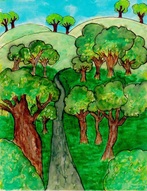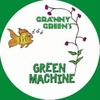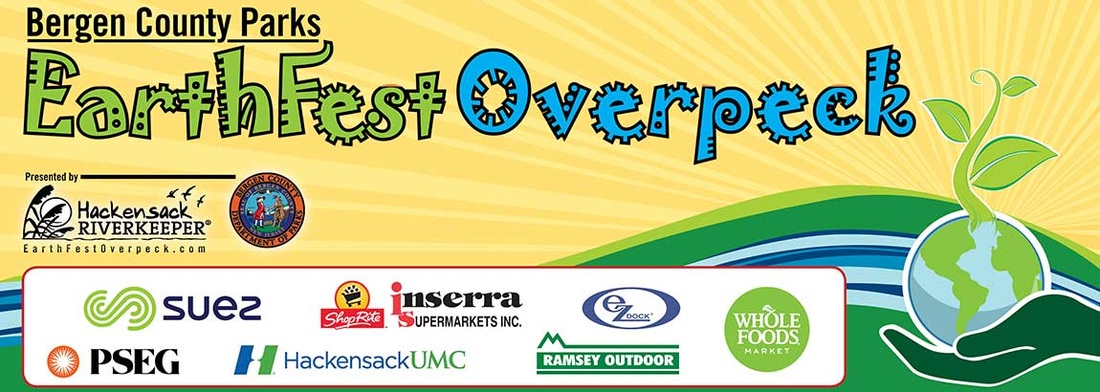
This past week, there was some very big news about trees from scientists in Europe. Using laser scanners to study the circadian rhythms of trees, they discovered that trees go to sleep just like we do. It’s not surprising. We’ve all watched flowers close up and reopen with the setting and rising of the sun, so why shouldn’t trees do the same thing?
Even Darwin recorded the nighttime motion of the leaves and stalks of plants and called it ‘sleep’. But interestingly, this new study is the first of its kind to take place in a completely natural setting. All other research in the past was apparently done with small plants grown in pots. This study found that trees’ branches sag or droop after the sun goes down.
"Our results show that the whole tree droops during night which can be seen as position change in leaves and branches," says Eetu Puttonen (Finnish Geospatial Research Institute), "The changes are not too large, only up to 10 cm for trees with a height of about 5 meters, but they were systematic and well within the accuracy of our instruments."
Using laser technology changed the way plants’ circadian rhythms are studied because laser scanners use infrared light. Infrared light has very little affect on plants. Regular photography, on the other hand, uses visible light, and since it has a big effect on plants, it has gotten in the way of accurate studies.
The next step in this European study will help to measure the way trees use water on a daily basis, and how trees affect climate.
For more information:
https://www.sciencedaily.com/releases/2016/05/160517083552.htm
http://www.natureworldnews.com/articles/22697/20160522/trees-slumber-new-study-shows.htm
https://www.sciencerecorder.com/news/2016/05/19/trees-sleep-night-new-study-reveals/
Even Darwin recorded the nighttime motion of the leaves and stalks of plants and called it ‘sleep’. But interestingly, this new study is the first of its kind to take place in a completely natural setting. All other research in the past was apparently done with small plants grown in pots. This study found that trees’ branches sag or droop after the sun goes down.
"Our results show that the whole tree droops during night which can be seen as position change in leaves and branches," says Eetu Puttonen (Finnish Geospatial Research Institute), "The changes are not too large, only up to 10 cm for trees with a height of about 5 meters, but they were systematic and well within the accuracy of our instruments."
Using laser technology changed the way plants’ circadian rhythms are studied because laser scanners use infrared light. Infrared light has very little affect on plants. Regular photography, on the other hand, uses visible light, and since it has a big effect on plants, it has gotten in the way of accurate studies.
The next step in this European study will help to measure the way trees use water on a daily basis, and how trees affect climate.
For more information:
https://www.sciencedaily.com/releases/2016/05/160517083552.htm
http://www.natureworldnews.com/articles/22697/20160522/trees-slumber-new-study-shows.htm
https://www.sciencerecorder.com/news/2016/05/19/trees-sleep-night-new-study-reveals/



 RSS Feed
RSS Feed
